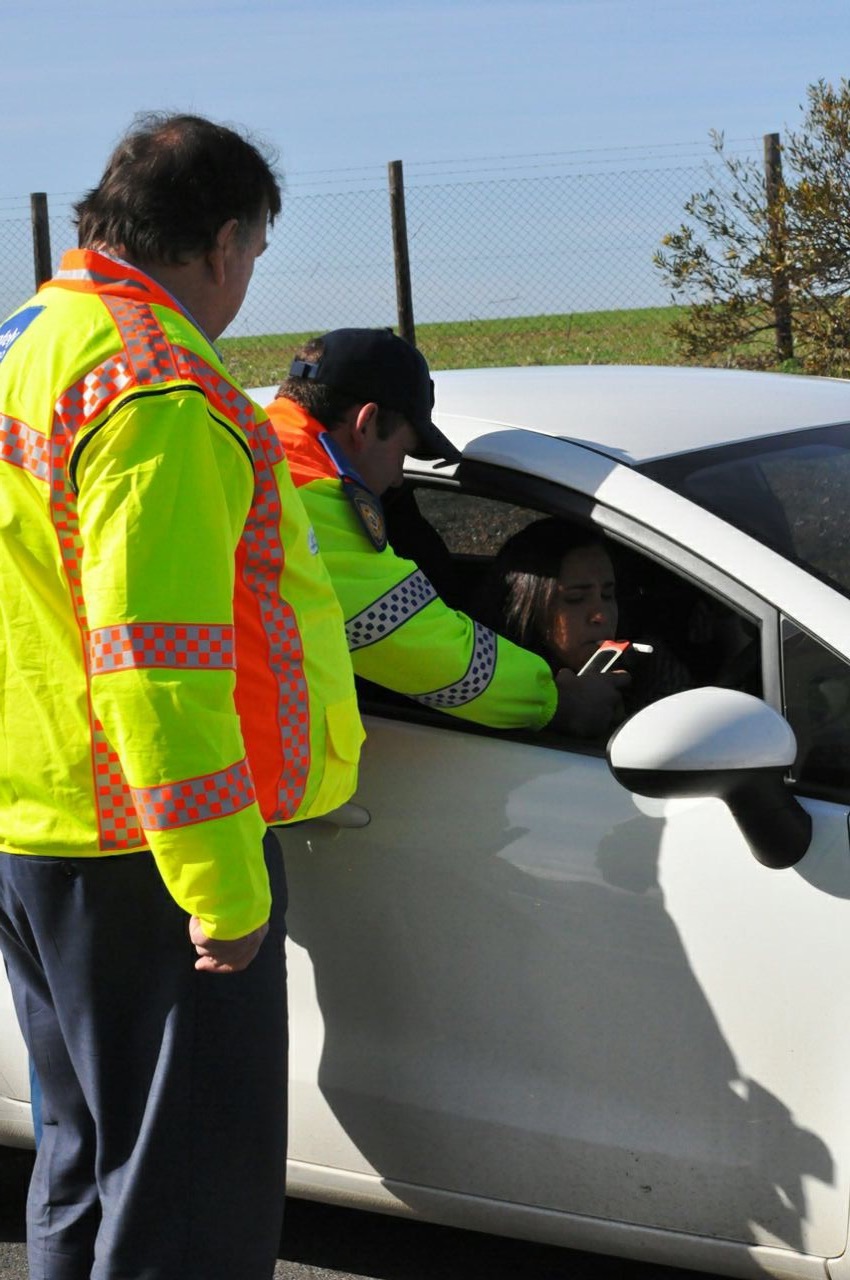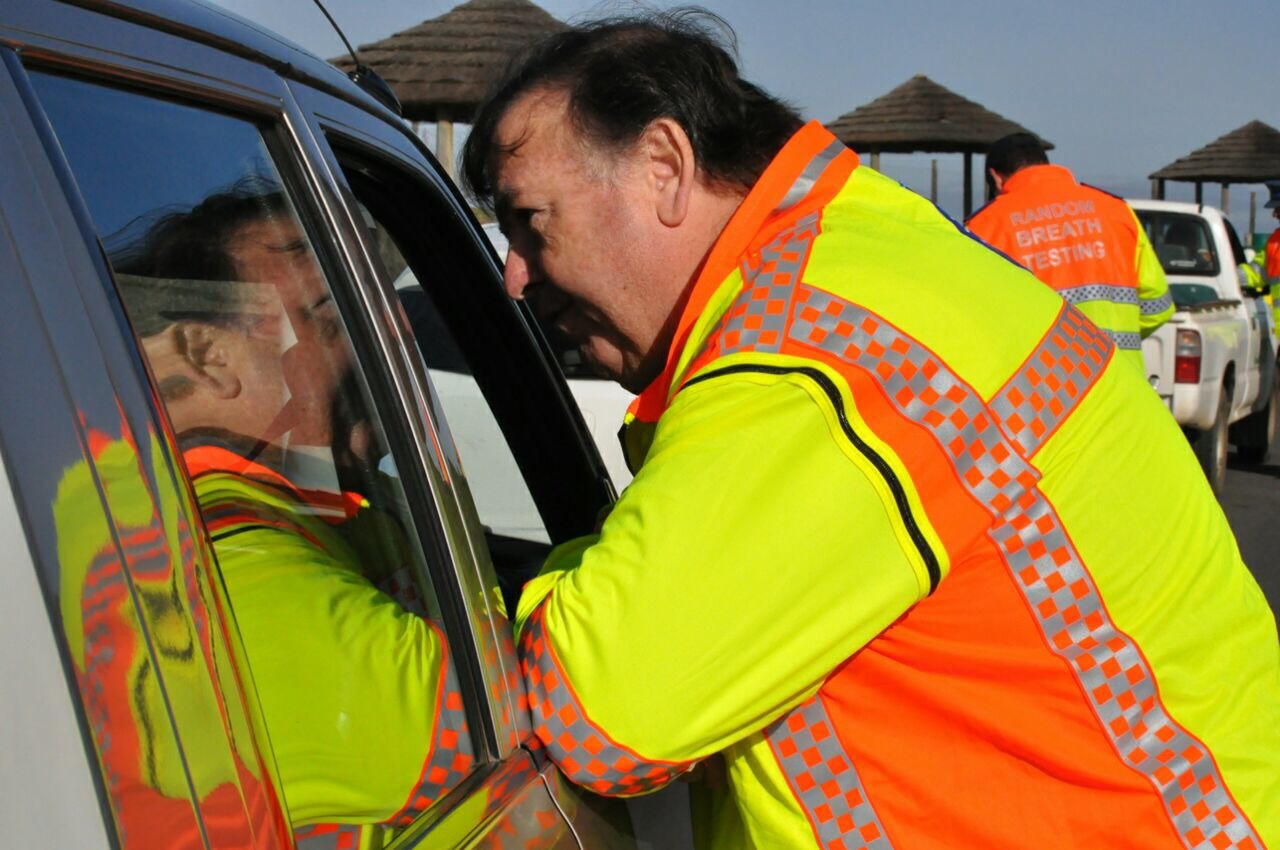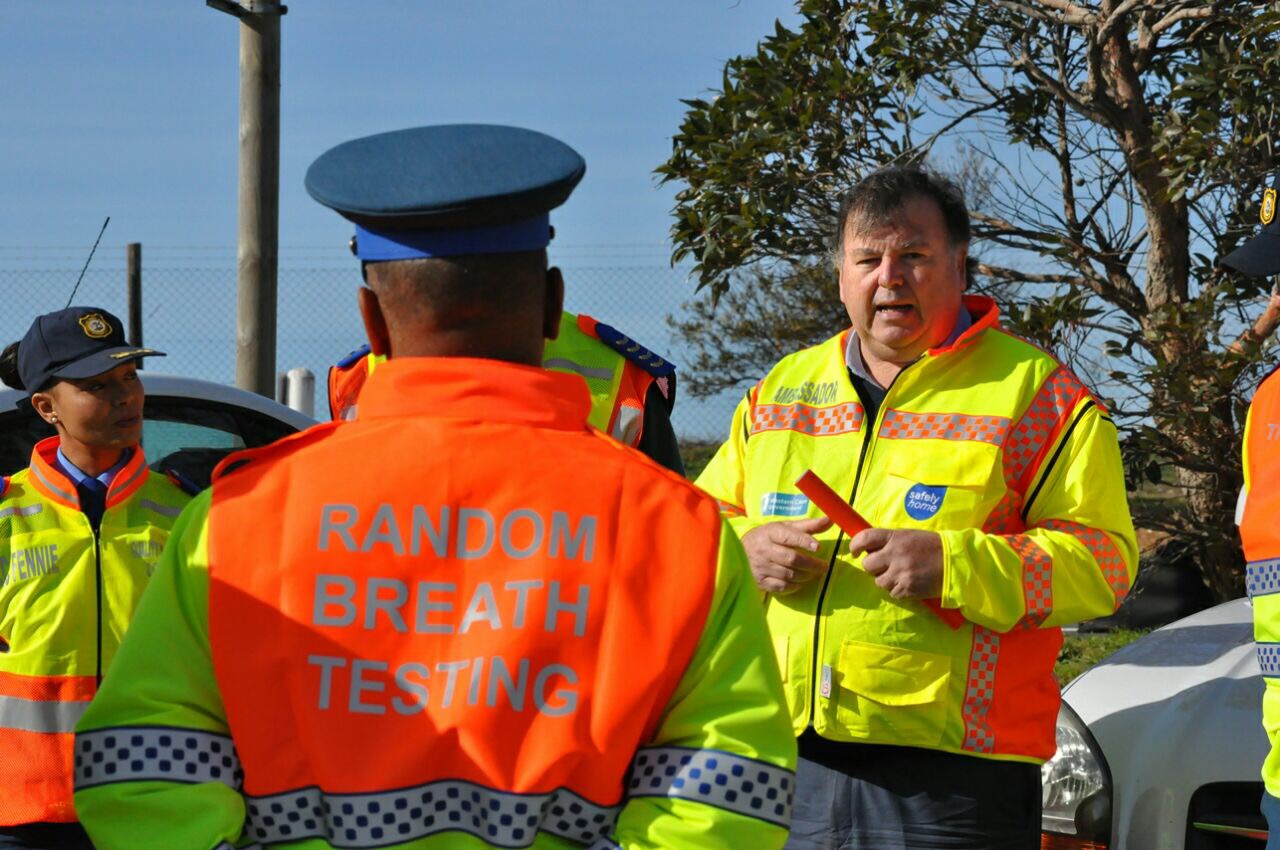
News
Random breath testing another weapon in fight against drink driving
Statement by Donald Grant, Minister of Transport and Public Works
Yesterday, marked the launch of the pilot phase of the Random Breath Testing (RBT) project targeted specifically at drink driving. RBT is a joint project of the national, provincial, and local governments; and is in partnership with the South African Police Services (SAPS), the Provincial Traffic Services, the Road Traffic Management Corporation (RTMC), Safely Home, the City of Cape Town, and the Traffic services of the Cape Agulhas, Overstrand, and Theewaterskloof municipalities.
RBT in the Overberg is being run as part of the Caledon District Safety Plan. RBT launches in the City of Cape Town on 14 July.
As road crashes and fatalities continue to devastate lives and to impact negatively on the socio-economic development of the Western Cape, we have continued to do all we can to tackle the main causes of injuries and fatalities. Our evidence-based approach continues to yield positive results, helping us to devise innovative solutions aimed at improving road safety. RBT is the latest in the many innovations that we have implemented in the past to save lives.
The RBT model is based on those used successfully around the world, in countries like Australia. Lessons for devising the RBT operational model were drawn from Australian states of New South Wales and Victoria, where a 20% reduction in alcohol related traffic injuries was achieved within two years of implementing RBT operations.
How it works:
- Breath testing teams in distinctive RBT uniforms will be conducting rapid, lightweight, Vehicle Check Points at multiple locations in a single shift.
- “Random” refers to the Vehicle Check Points that will be used, which are locations selected randomly but covering the entire operational area.
- Handheld breathalyser devices will then be used to screen motorists for alcohol.
- The testing teams will operate day and night, on a shift basis covering any day of the week.
- RBT operations will be over and above normal traffic law enforcement activities.
As RBT is rolled out in the coming months, we believe that it will have a positive impact on behaviour on our roads, and that more and more people will make the life-saving decision not to drink and drive.
As part of this initiative, Safely Home has also produced a television advertisement highlighting the dangers of drinking and driving, and alerting the public to the roll out of RBT. The pilot project will also be supported online under the Safely Home calendar theme for July, “Alcohol and the Roads Don’t Mix”, under the hashtag #BoozeFreeRoads.
The advertisement is live on YouTube on https://youtu.be/96c__z-fNkM
We must continue to do all we can to address the scourge of drinking and driving, and to prevent the senseless loss of life that is usually a result of such behaviour. As part of our Provincial Strategic Goal 3 (PSG 3) and our Alcohol Harms Reduction Game Changer, the Western Cape Government is committed to confronting the dangers of alcohol with an aim to reduce the negative impact that alcohol has on the people of the Western Cape.
Siphesihle Dube
Spokesperson for the Minister of Transport and Public Works, Donald Grant
Cell: 084 233 3811
Tel: 021 483 8954
Fax: 021 483 2217
Email: Siphesihle.Dube@westerncape.gov.za







